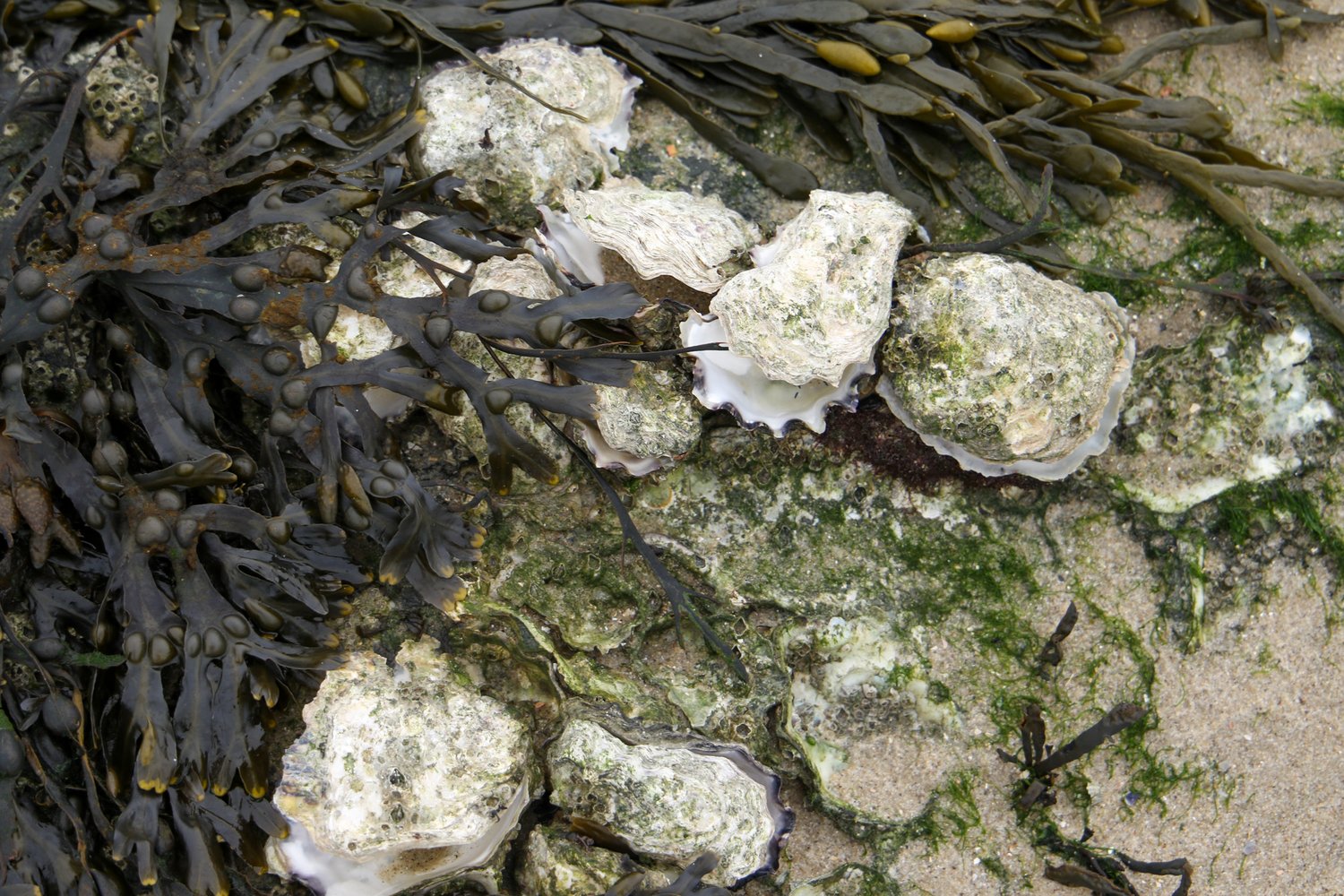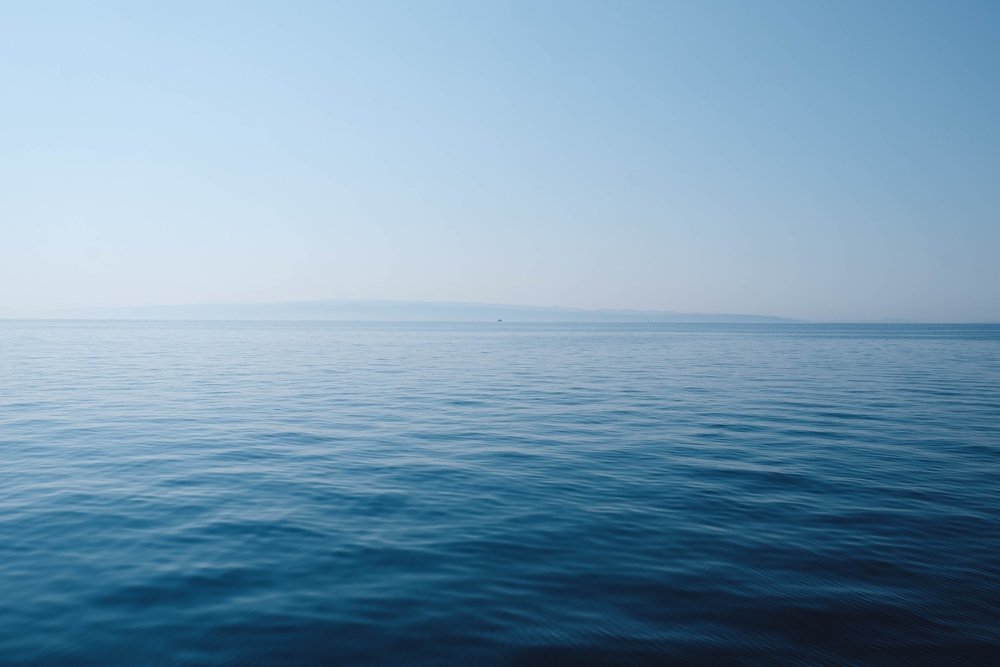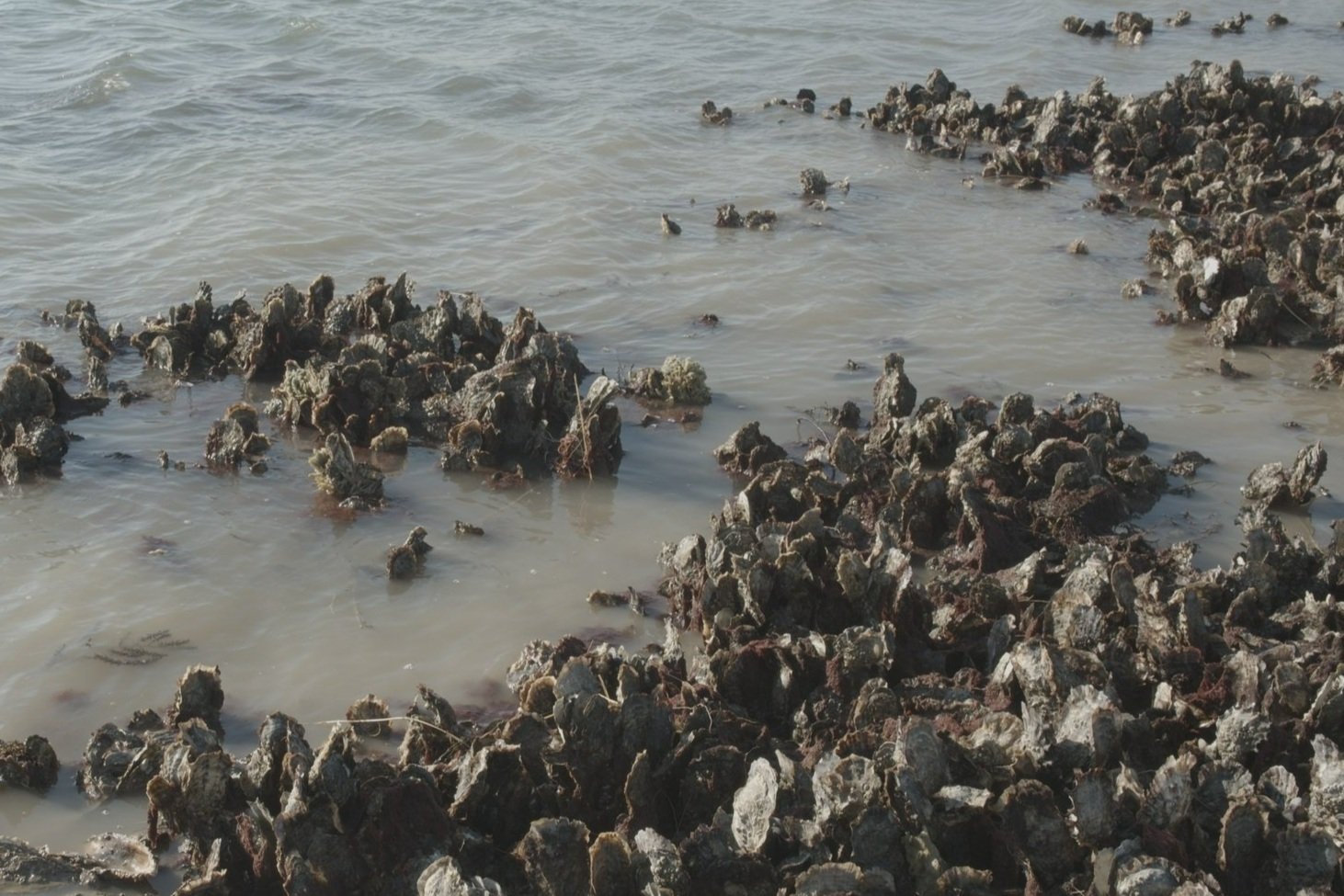
Oysters are mostly seen as an expensive treat served with a glass of wine in a fancy restaurant. So why would we talk about them when talking about climate change?

About 71% of the Earth’s surface is water-covered, and about 96.5% of the Earth’s water is held in the oceans. With that in mind, it seems obvious that keeping our oceans clean and healthy should be a top priority.
Sadly, and as we all know, this has not been the case. The oceans are now more polluted than ever and the water temperature is rising. Globally 80% of sewage containing toxic substances and chemicals reaches the oceans untreated, there is a massive amount of plastics covering 1,400,000 km2 of the oceans, and the number of endangered marine species is already over 2,000.
According to the United Nations Decade of Ocean, “The marine realm is the largest component of the Earth’s system that stabilizes climate and supports life on Earth and human well-being.”
This is because oceans act as a carbon sink absorbing CO2 from the atmosphere as well as the excess heat from human activities. Decades ago, this was all working well and in balance. But today there is an excessive amount of CO2 being absorbed into the ocean. The water is becoming more acidic, oxygen levels are decreasing, and the temperature is becoming too high, affecting the life of marine species and the communities dependent on them.

There is so much we can and should do, to fight climate change. Reducing, recycling, choosing renewable energy… Luckily, there is an increasing amount of organisations and people aware of environmental issues that are becoming more conscious about their daily choices. However, even if every little action counts, what we really need is a large-scale approach with a fast and direct impact.
Sadly, the majority of the projects aimed at helping the environment are dependent on funds and happen at a too small scale. That’s why we need to help the plant with financially sustainable large-scale solutions that could have a direct impact on the environment, for example, restoring oyster reefs.

Oysters are a crucial component of global ocean health. And as we’ve learned, a healthy ocean is essential for the environment.
But globally 85% of oyster reefs are gone. And without them, the marine environment is also missing out on their necessary ecosystem services.
An average oyster reef with 3.5 million oysters filters 1.6 billion litres of water per day, manages 2.5 tons of nitrogen per year and stores 144 tons of carbon in shells. And this is in just 5 hectares, the equivalent of 2,5 football fields. So imagine what oysters could do when they used to cover 20-30% of the North Sea.
That’s why at Oyster Heaven, we are committed to restoring 100 million oysters by 2027. And that’s just the start!
By restoring oyster reefs we can avoid the acidification of the seas, protect against floods and coastal erosion and overall restore ocean health so that the oceans and the planet can be in balance again.

Make a measurable difference for the ocean today.
You can now adopt a Mother Reef and help restore 100 oysters!

